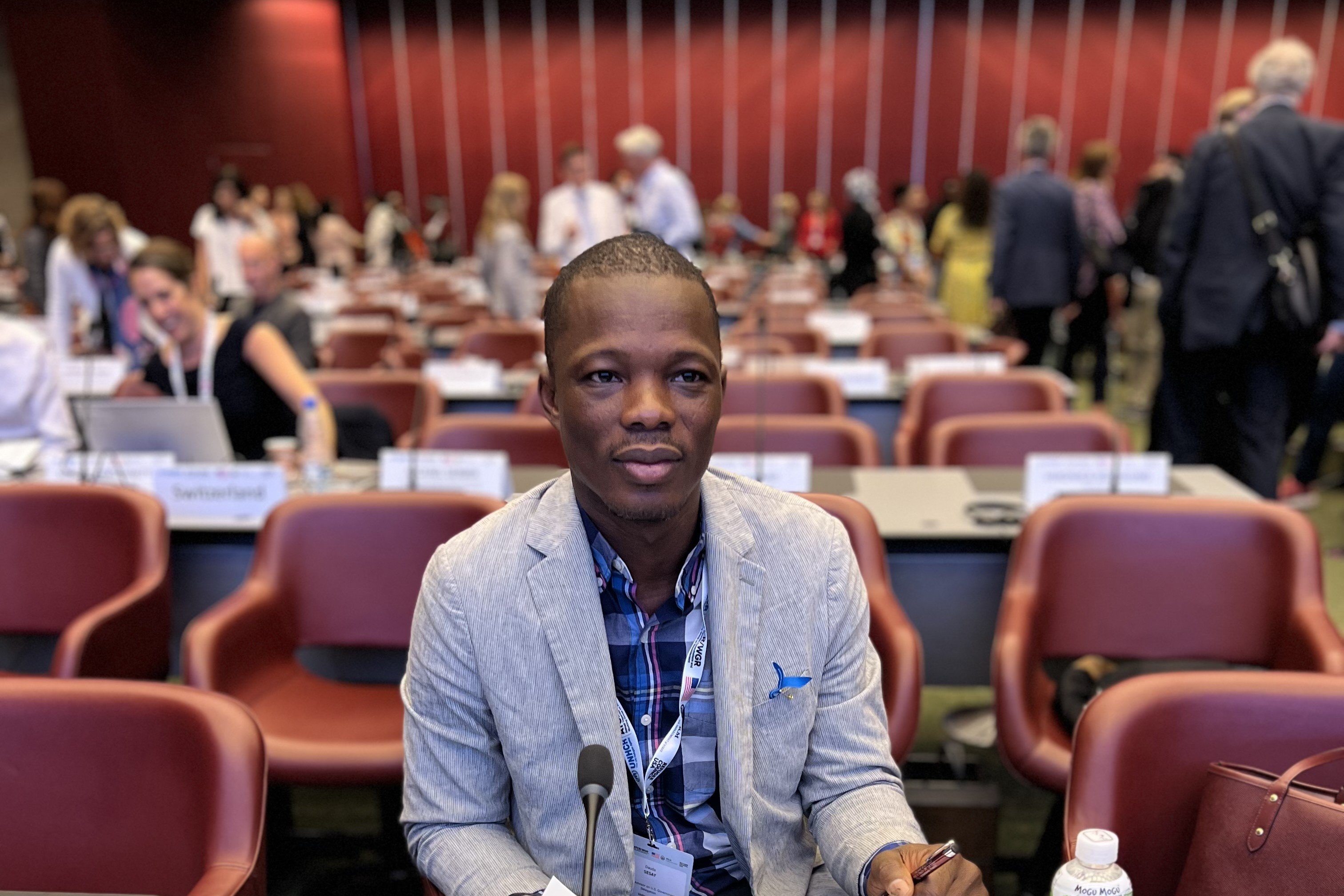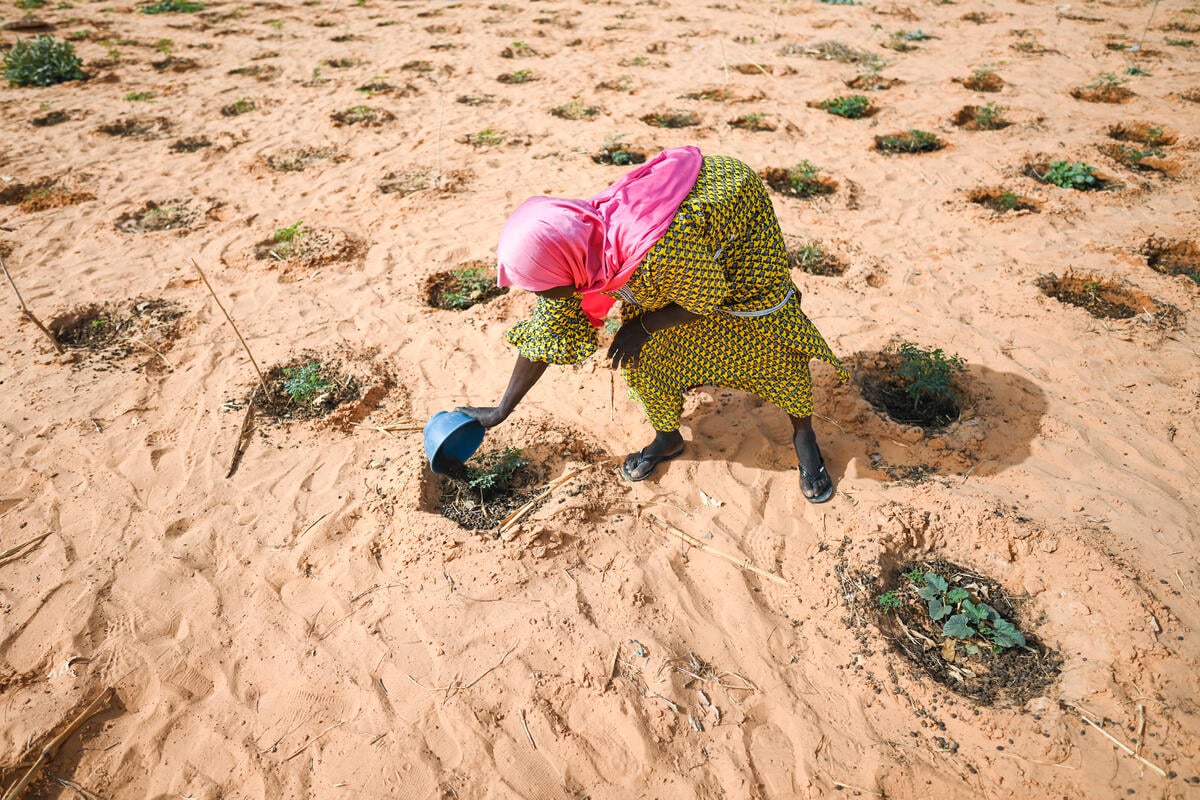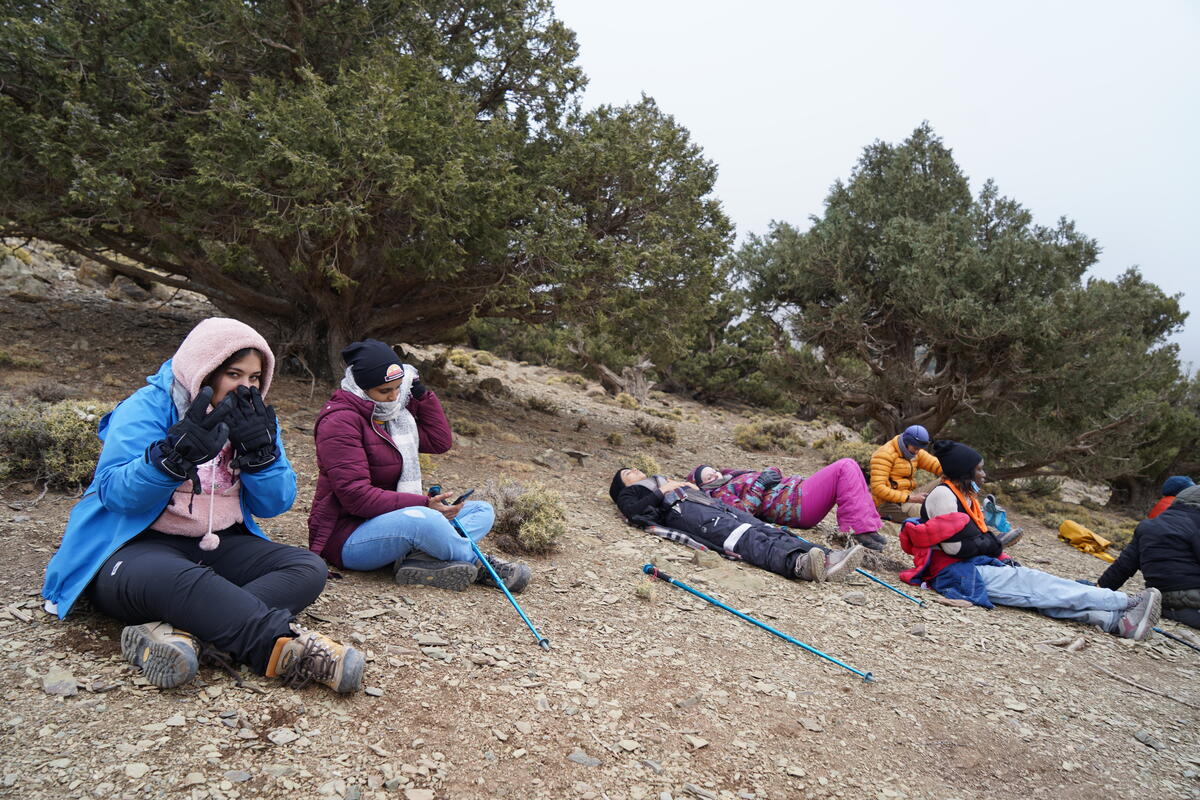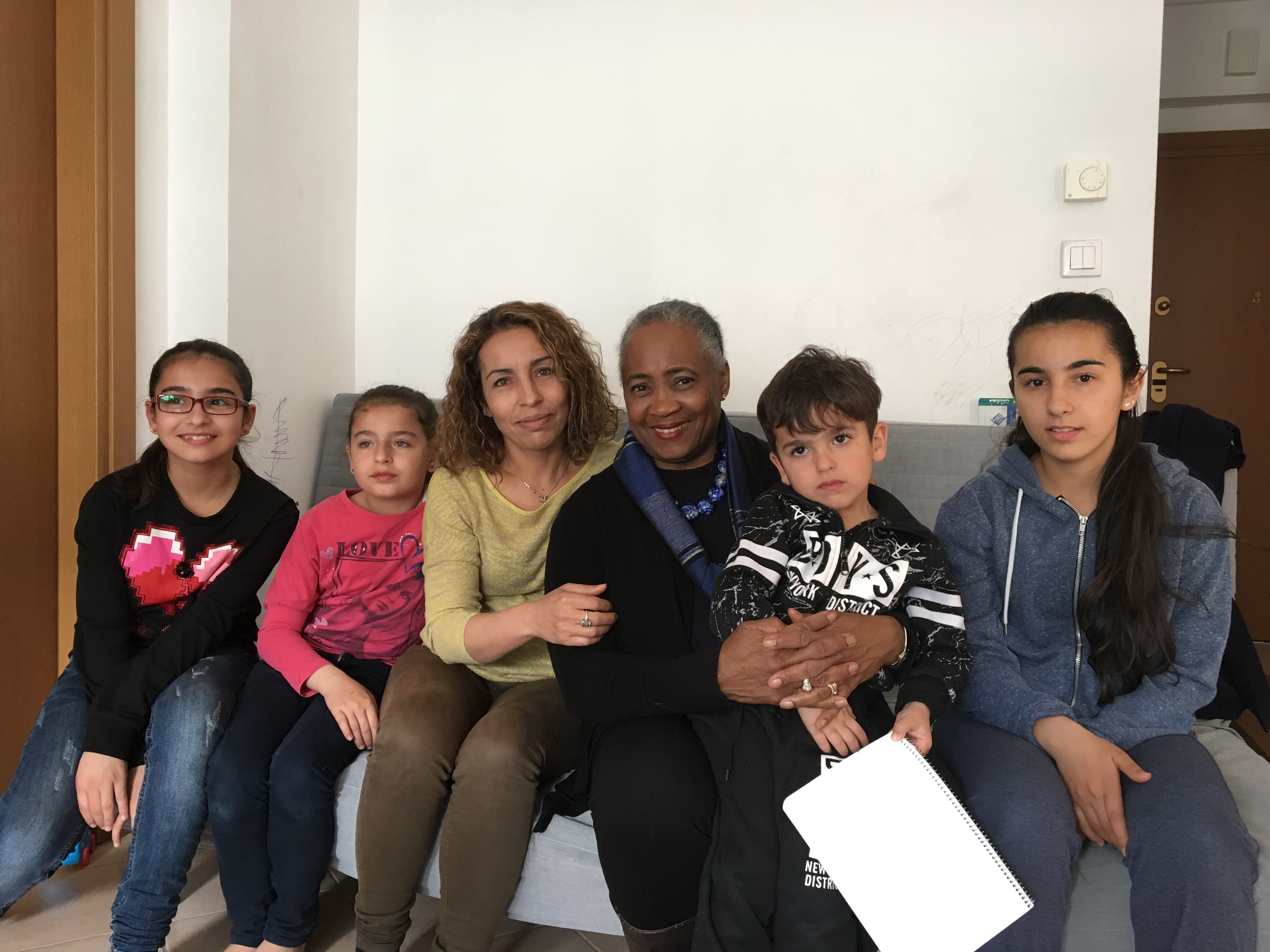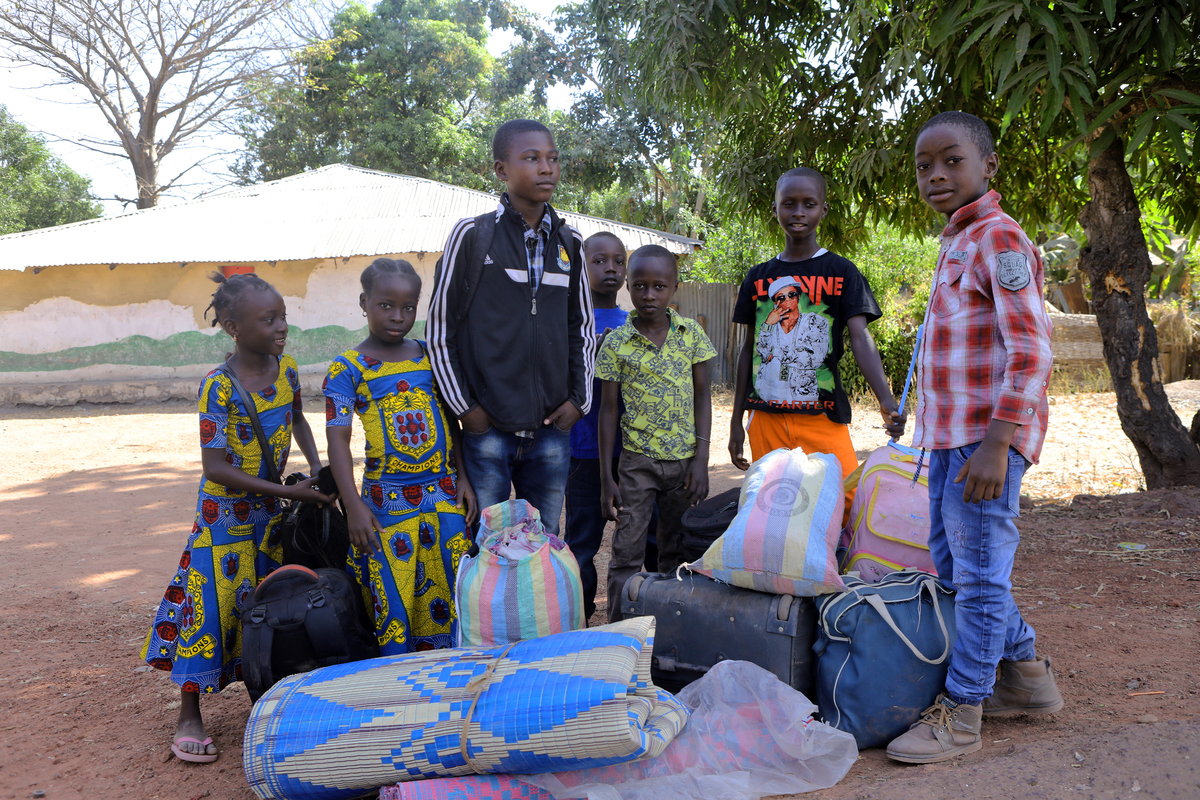Some 45,000 people have fled uncertainty in Gambia as tension mounts
Some 45,000 people have fled uncertainty in Gambia as tension mounts
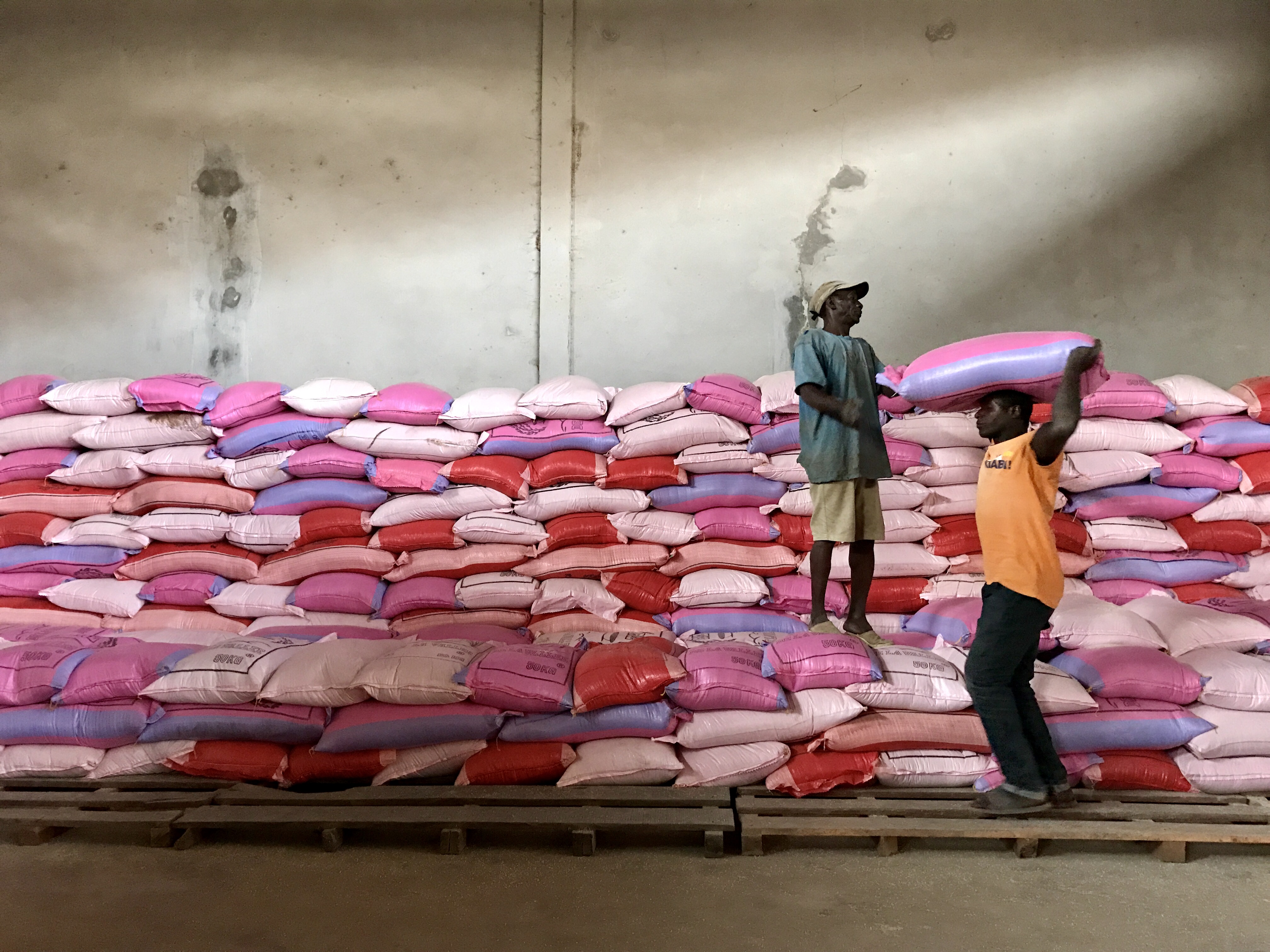
DAKAR, Senegal – Thousands of people have fled to Senegal from The Gambia, where last-minute talks are taking place to persuade the incumbent President to leave office following an election defeat.
According to Senegalese authorities, 45,000 people have crossed the border between the two West African countries, and more people may continue to flee as the situation remains tense.
“Our fear is, if this situation is not resolved soon, more people may have to leave their homes trying to seek safety," said UNHCR spokesperson Babar Baloch in an interview after a press briefing in Geneva today.
Mediators are holding talks in The Gambian capital Banjul to persuade Yahya Jammeh to step down after the internationally recognised President Adama Barrow was sworn in during an inauguration ceremony at the Gambian embassy in Dakar on Thursday.

Latest figures from the government of Senegal show 75 per cent of the people crossing the border from The Gambia to Senegal are women and children, who are finding shelter with family members, host families or in hotels.
The village of Dienouncounda, near the Selety border crossing point, is hosting 333 persons who arrived from The Gambia within the past 10 days. The village normally has 500 inhabitants.
"I am hosting 21 persons in my home," said Djibril Coly, 68, who has eight children. "I give them food of course, we eat rice all together, but we won't have enough soon. A 50 kilo bag of rice costs about 16,000 CFA ($26), and we manage to eat for three days all of us on that bag. If we would eat properly, we would eat it in two days but we limit ourselves a bit to make it last. So more food is the main concern for us."
The UN Refugee Agency, UNHCR, with other humanitarian actors has deployed assessment teams to Senegal’s key border areas with the Gambia and is working closely with the local authorities to assess the needs of people who have arrived in Senegal.
In Dakar, UNHCR is constantly in contact with the Interior Ministry, which is in charge of coordinating the humanitarian response and has developed plans to distribute food and relief items to up to 100,000 people.
As part of the assistance programme, 40 tons of food arrived in the Ziguinchor region yesterday and distribution to recent arrivals and host families should start in the next days.
People have arrived in Senegal’s Fatick, Kaolack and Kaffrine regions, to the North of the Gambia, as well as in the Ziguinchor, Sedhiou and Kolda regions at the southern Gambian border with Senegal.
Arrivals in Senegal have been a mix of Gambians, Senegalese, bi-nationals, as well as Ghanaians, Liberians, Lebanese, Guineans, and Mauritanians among other foreigners. In addition, at least 800 people have crossed into Guinea-Bissau.
The Gambia itself, hosts some 8,000 refugees, most of whom are Senegalese.


